40 country of origin meat labels
What is the country of origin labeling for imported beef? The mandatory country of origin labeling of imported meat and poultry requires that if imported meat or meat products are intended to be sold intact to a processor, wholesaler, food service institution, grocer, or the household consumer, the country of origin labeling is conveyed to those market segments and recipients. Country of Origin Labeling Country of origin information, through signs, labels, etc., is required regarding certain fresh meat products, e.g. steaks, ground beef, and pork chops, as well as certain fresh chicken products that are sold in retail stores. Meat and chicken products sold in restaurants, as well as processed products, are exempt from the law.
› news › local-newsRancher groups want Congress to require Country Of Origin ... Sep 12, 2022 · A Billings-based cattle group is leading the campaign to get Congress to once again look at Mandatory Country Of Origin Labeling for beef. 1 weather alerts 1 closings/delays Watch Now
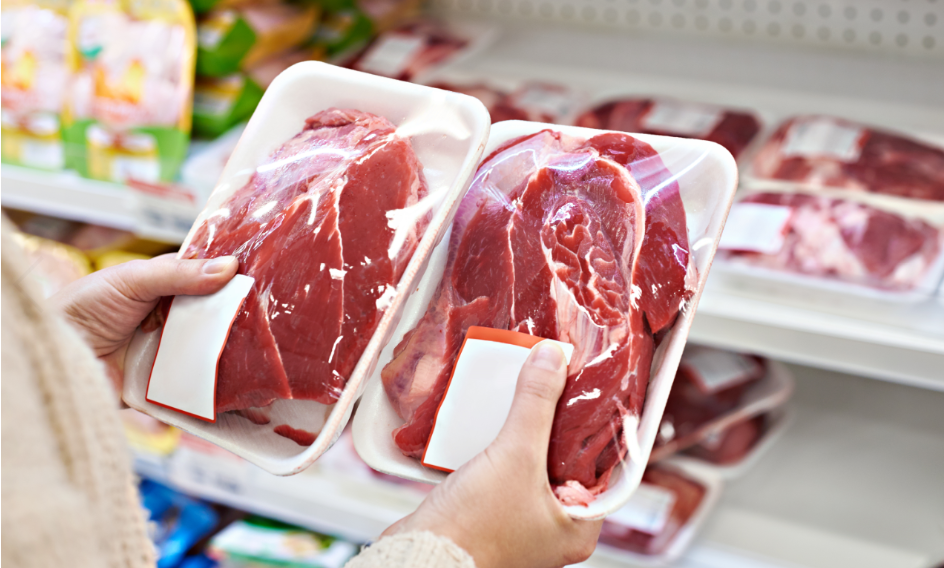
Country of origin meat labels
› rules-regulations › coolCountry of Origin Labeling (COOL) | Agricultural Marketing ... January 13, 2017 - Addition of Mandatory Country of Origin Labeling Requirements for Venison; February 2016 Final Rule - Removal of Mandatory Country of Origin Labeling Requirements for Beef and Pork Muscle Cuts, Ground Beef, and Ground Pork (pdf) FAQs: Repeal of COOL Requirements for Beef and Pork (pdf) May 2013 Final Rule to Amend Meat Labeling Country of Origin Labeling (COOL) | Agricultural Marketing Service Country of Origin Labeling (COOL) is a labeling law that requires retailers, such as full-line grocery stores, supermarkets and club warehouse stores, to notify their customers with information regarding the source of certain foods. Food products covered by the law include muscle cut and ground meats: lamb, goat, and chicken; wild and farm-raised fish and shellfish; … Senators Want to Revive Country-of-Origin Labeling - Food Processing Country-of-origin labeling was abandoned by act of Congress in 2015, after the World Trade Organization ruled that it was a violation of international trade agreements. This led to a situation where meat from animals raised, even processed, outside the U.S. can legally say "Product of USA" even if the only steps performed in this country ...
Country of origin meat labels. Rancher groups want Congress to require Country Of Origin … 12.09.2022 · "Congress has just gotten back into session and we want Country Of Origin Labeling for beef to be at the forefront of the issues that they're working on," Bullard said. Ranch House's owner, Shane ... WTO Rules Against Country-of-Origin Labeling on Meat in U.S. By James Andrews on October 21, 2014. The World Trade Organization (WTO) has ruled in favor of Canada and Mexico in an ongoing dispute with the United States over country-of-origin labeling (COOL ... Country of Origin Labels | Shop cool stickers for food labeling - Brenmar Country of Origin Labels. Country of Origin Labels for labeling the origin of your food product. Preprint country of origin labels ready to identify all your meat and produce. Country of origin labels for sale - COOL labels. Our line includes USA labels, Canada, Mexico and more labels. Fast shipping and great values. Showing 1-12 of 19 ... Food labelling: country of origin - GOV.UK If poultry, sheep, goat or swine meat is taken from animals born, reared and slaughtered in the same country, you can label it as 'Origin: [name of the country]'. Where reference is made to the...
Food labelling FAQs | ACCC On 1 July 2016, a new country of origin food labelling system commenced under the Australian Consumer Law (ACL). Businesses will have two years to sell current stock and change their labels to comply with the new law before it becomes mandatory on 1 July 2018. Food labelling and packaging: Food labelling - GOV.UK Food from and sold in Great Britain can be labelled as ‘origin EU’ until 31 December 2023. Check the rules for when to label meat, fish and shellfish with their country of origin . Country of Origin Labeling of Agricultural Products Country of Origin Labeling for Meat Products Meat from animals imported for immediate slaughter in the United States must be designated as "Product of Country X and the United States." Imported muscle cuts of meat for which no production steps occur in the United States retain the origin as declared to U.S. Customs and Border Protection. Country of Origin Labeling Amendments Act of 2015 (2015 - H.R. 2393) The Country of Origin Labeling Amendments Act of 2015 would repeal the requirement for meat products to be labeled with their country of origin. Currently meat products must include information on where the animal was bred, raised, and slaughtered. The Canadian government filed a complaint with the World Trade Organization (WTO) to remove the ...
› business › advertising-andFood labelling FAQs | ACCC - Australian Competition and ... Yes. If you make a country of origin claim you should be able to substantiate it. The Standard requires that businesses keep records supporting a country of origin claim for 12 months after the sale of the food item. This obligation does not apply to an unpackaged single ingredient food from a single country (e.g. fish or cuts of meat). Mandatory country-of-origin labeling (US) - Wikipedia Country of origin labeling (COOL) (or mCOOL [ m for mandatory]) is a requirement signed into American law under Title X of the Farm Security and Rural Investment Act of 2002 (also known as the 2002 Farm Bill), codified at 7 U.S.C. § 1638a as Notice of country of origin. H.R. 2393: Country of Origin Labeling Amendments Act of 2015 On Passage of the Bill in the House. This was a vote to pass H.R. 2393 (114th) in the House. The Country of Origin Labeling Amendments Act of 2015 would repeal the requirement for meat products to be labeled with their country of origin. Currently meat products must include information on where the animal was bred, raised, and slaughtered. Fact-check: Meatpackers are lying to you about Country of Origin ... - WORC In 2002, WORC spearheaded efforts to get Country of Origin Labeling (COOL) into the Farm Bill. Unfortunately, in 2015 Congress voted to repeal COOL for beef and pork, under pressure from lobbyists of corporate meatpackers who control more 84% of U.S. cattle slaughter.
Country of Origin Labeling for Meat Back on the Menu Other similar bills have been introduced in recent months, including the American Beef Labeling Act (S. 2716, introduced Sept. 13 by Sen. Thune, R-S.D.), which would require the Office of the U.S. Trade Representative to develop and implement within one year a WTO-compliant means of reinstating mandatory country of origin labeling for beef, and ...
Country of Origin Labeling: MCOOL bill officially introduced The 2002 M-COOL law passed in the 2002 Farm Bill and amended by the 2008 Farm Bill required country-of-origin labels on beef, lamb, pork, goat meat, chicken, fruits and vegetables, fish and shellfish, peanuts, ginseng, pecans, and macadamia nuts. After M-COOL's 2002 passage, implementation was delayed.
Country of Origin Labeling (COOL) Frequently Asked Questions The abbreviations "P.R. China" and "China" are acceptable for country of origin marking purposes for products originating from the People's Republic of China. Either "Netherlands" or "Holland" is an acceptable abbreviation for The Netherlands.
Must ground beef have a country of origin label? - USDA Must ground beef have a country of origin label? Jul 17, 2019 Knowledge Article Muscle cuts and ground beef and pork items are no longer subject to country of origin labeling (COOL) requirements . In December 2015, Congress rescinded beef, pork, ground beef and ground pork from mandatory COOL requirements.
USDA Sued for Removing Country of Origin Labeling on Meat Between 2009 and 2016, the USDA required country-of-origin labeling on meat. The lawsuit said the change violated the nation's Meat Inspection Act, which required that slaughtered meat from other countries be clearly marked. The Department of Agriculture on Monday declined to comment on a matter that is in litigation.
Did the U.S. Remove 'Country of Origin' Labeling from Meat? The repeal would not affect existing requirements for country-of-origin labeling for lamb, venison, goat meat, perishable agricultural commodities, peanuts, farm-raised and wild fish, ginseng,...
Cattlemen's association urges lawmakers to cosponsor American Beef ... 09.29.2022. By Rachael Oatman. BILLINGS, MONT. — Congress and the US Department of Agriculture have been in the process of clarifying mandatory country of origin labeling (MCOOL). However, the ...
en.wikipedia.org › wiki › Horse_meatHorse meat - Wikipedia Horse meat gained widespread acceptance in French cuisine during the later years of the Second French Empire.The high cost of living in Paris prevented many working-class citizens from buying meat such as pork or beef; in 1866, the French government legalized the eating of horse meat, and the first butcher's shop specializing in horse meat opened in eastern Paris, providing quality meat at ...
Country of origin labelling for food products - Canadian Food ... Mandatory labelling All prepackaged food products sold in Canada are required to be labelled with the name and address of the company responsible for the product, such as the importer or manufacturer. When a food product is wholly manufactured outside of Canada, the label must show that the product is imported.
Meat Labeling Law Repeal Leaves Buyers in Dark About Product Origins After more than a decade of wrangling, Congress repealed a meat labeling law last month that required retailers to include the animal's country of origin on packages of pork and beef. It's a major...
House votes to repeal country of origin label requirement for meat Canada and Mexico have opposed the labeling because it causes their animals to be segregated from those of U.S. origin -- a costly process that has led some U.S. companies to stop buying exports....
Horse meat - Wikipedia Horse meat gained widespread acceptance in French cuisine during the later years of the Second French Empire.The high cost of living in Paris prevented many working-class citizens from buying meat such as pork or beef; in 1866, the French government legalized the eating of horse meat, and the first butcher's shop specializing in horse meat opened in eastern Paris, …
Do You Know Where Your Meat Comes From? - EcoWatch Harris, who estimates at least 75 percent of the grassfed beef consumed in America comes from Australia, New Zealand or Uruguay, said American consumers are being intentionally misled. Millions of pounds of beef, imported from other countries, are being wrongly labeled as "Product of the USA," Harris said.
› food-labelling-and-packaging › foodFood labelling and packaging: Food labelling - what you must ... Food from and sold in Great Britain can be labelled as ‘origin EU’ until 31 December 2023. Check the rules for when to label meat, fish and shellfish with their country of origin .
Senators resurrect country of origin labeling for beef The American Beef Labeling Act mandates the reinstatement of beef and beef products into MCOOL. Legislation to reestablish mandatory country-of-origin labeling for beef will be formally reintroduced this week by a bipartisan group of senators including Sens. John Thune, R-S.D., Jon Tester, D-Mont., Mike Rounds, R-S.D., and Cory Booker, D-N.J.
USDA announces it will revisit country of origin labeling Under the proposed new rules, livestock that was not born in the United States could still be labeled as made in America. That would include meat derived from the millions of imported calves that are raised and fed in border states. This could be a sticking point for cattle breeders, known as cow-calf producers.
› Armour-Treet-Luncheon-Meat-OunceArmour Star Treet Luncheon Loaf, Canned Meat, 12 OZ (Pack of 12) Aug 21, 2022 · Twelve 12 oz cans of Armour Star Treet Luncheon Loaf Canned Meat ; Versatile, ready to eat canned luncheon meat ; Delicious chicken and pork lunch meat canned food with traditional baked ham taste ; Great for on-the-go occasions such as picnics, camping and road trips ; Ready to eat canned luncheon meat that doesn’t require any cooking
Country of Origin Labeling on Meat Products - Meat Matters Beginning in October 2008, country-of-origin information is appearing on meat product labels or on signs in the meat department to indicate the country or countries where an animal may have been born, raised and processed. Sometimes the label will identify only a single country and sometimes it may list multiple countries.
Mandatory Country-of-Origin Meat Labeling Now In Effect While the rules is being contested in court by meat industry stakeholders and the governments of Canada and Mexico, mandatory country-of-origin labeling (COOL) on meat requires that retailers...
House Votes to Remove Country-of-Origin Labels on Meat Sold in U.S ... House Votes to Remove Country-of-Origin Labels on Meat Sold in U.S. Washington seeks to prevent a long battle over the labels with Canada and Mexico Country-of-origin labels were mandated by...
› guidance › meat-products-sell-themMeat products: sell them legally in England - GOV.UK Jan 03, 2017 · You must tell the consumer if you add protein to products containing meat or meat preparations from a different species to the main product. Include the name and origin of the protein in the name ...
Senators Want to Revive Country-of-Origin Labeling - Food Processing Country-of-origin labeling was abandoned by act of Congress in 2015, after the World Trade Organization ruled that it was a violation of international trade agreements. This led to a situation where meat from animals raised, even processed, outside the U.S. can legally say "Product of USA" even if the only steps performed in this country ...
Country of Origin Labeling (COOL) | Agricultural Marketing Service Country of Origin Labeling (COOL) is a labeling law that requires retailers, such as full-line grocery stores, supermarkets and club warehouse stores, to notify their customers with information regarding the source of certain foods. Food products covered by the law include muscle cut and ground meats: lamb, goat, and chicken; wild and farm-raised fish and shellfish; …
› rules-regulations › coolCountry of Origin Labeling (COOL) | Agricultural Marketing ... January 13, 2017 - Addition of Mandatory Country of Origin Labeling Requirements for Venison; February 2016 Final Rule - Removal of Mandatory Country of Origin Labeling Requirements for Beef and Pork Muscle Cuts, Ground Beef, and Ground Pork (pdf) FAQs: Repeal of COOL Requirements for Beef and Pork (pdf) May 2013 Final Rule to Amend Meat Labeling
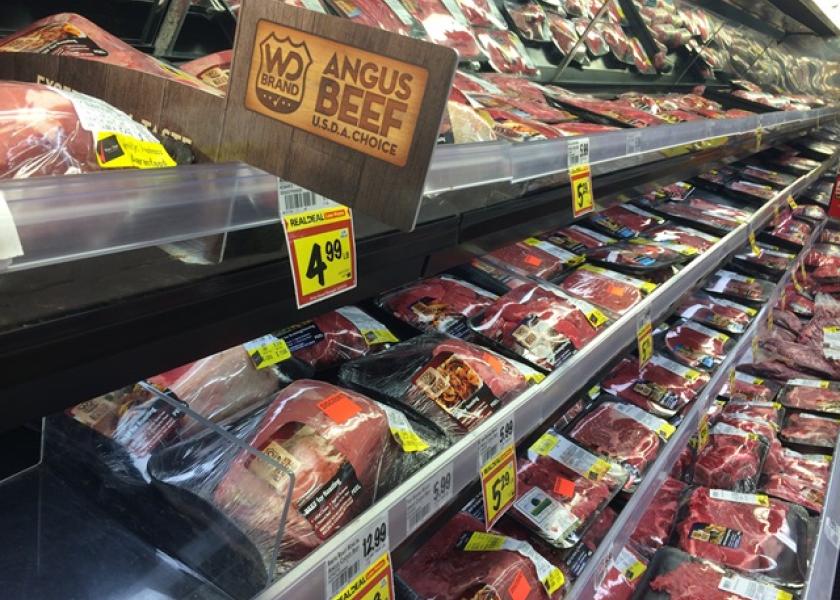


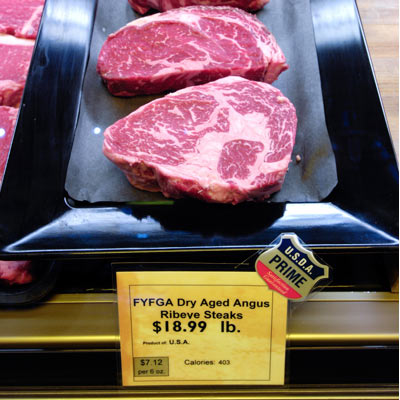




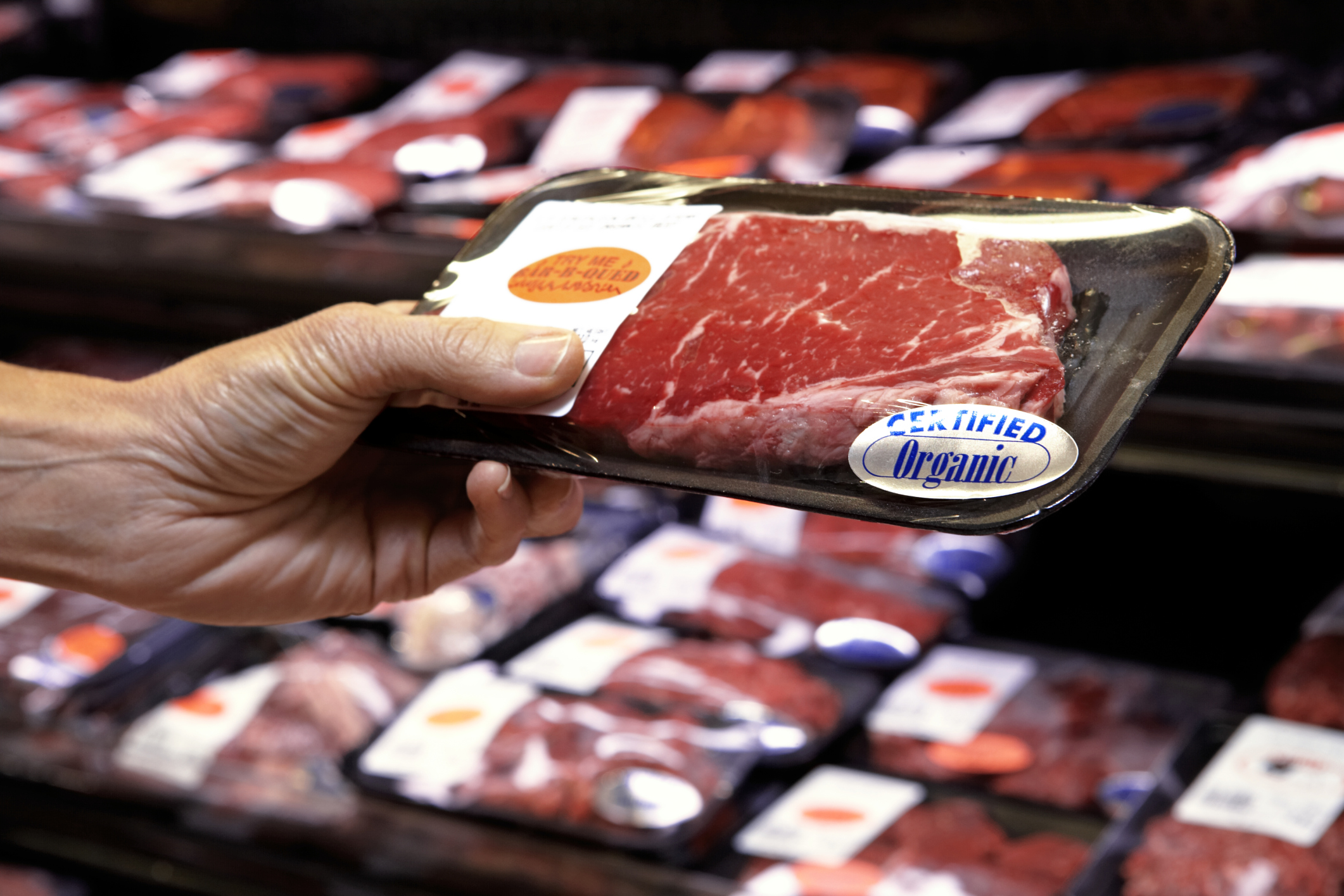
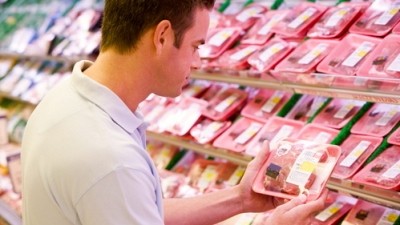



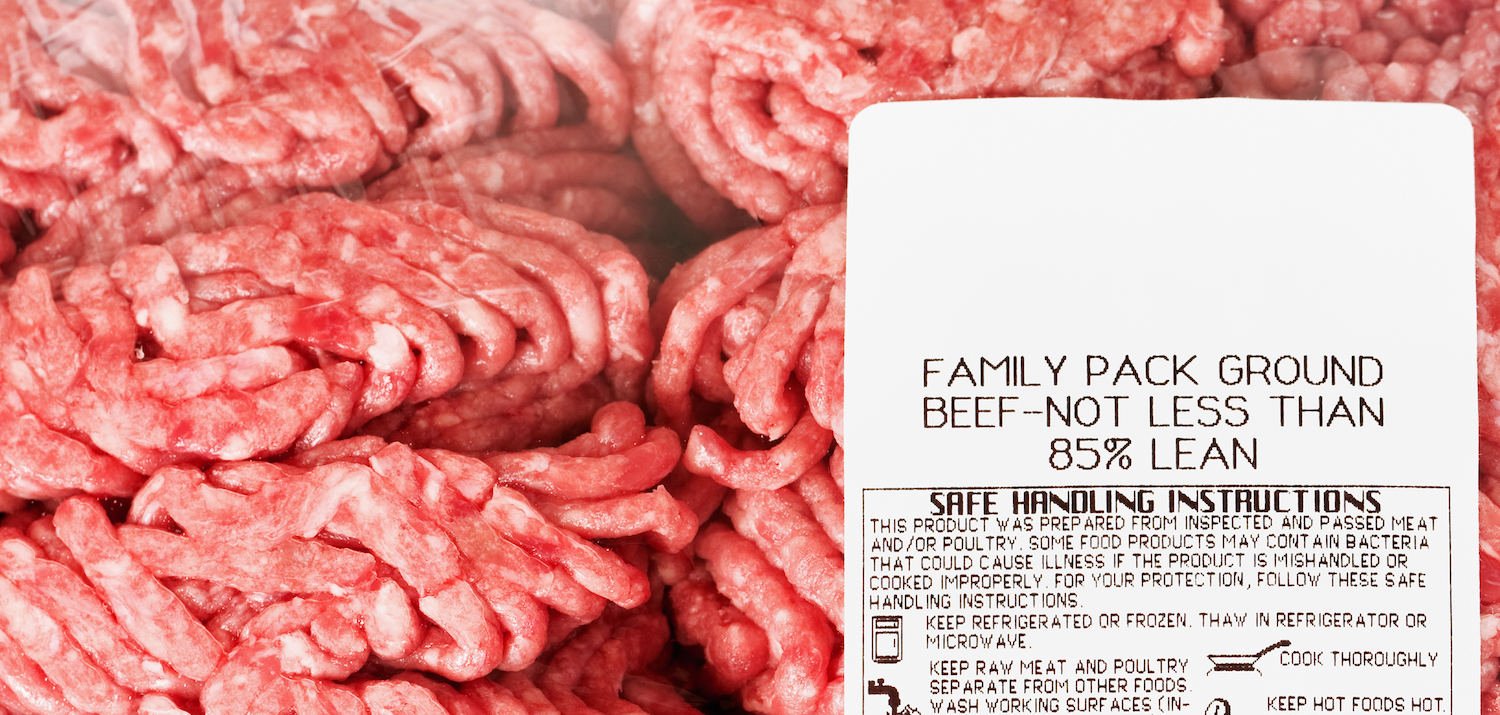

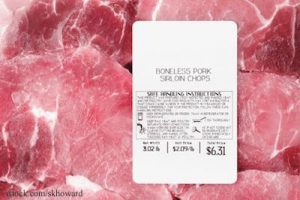


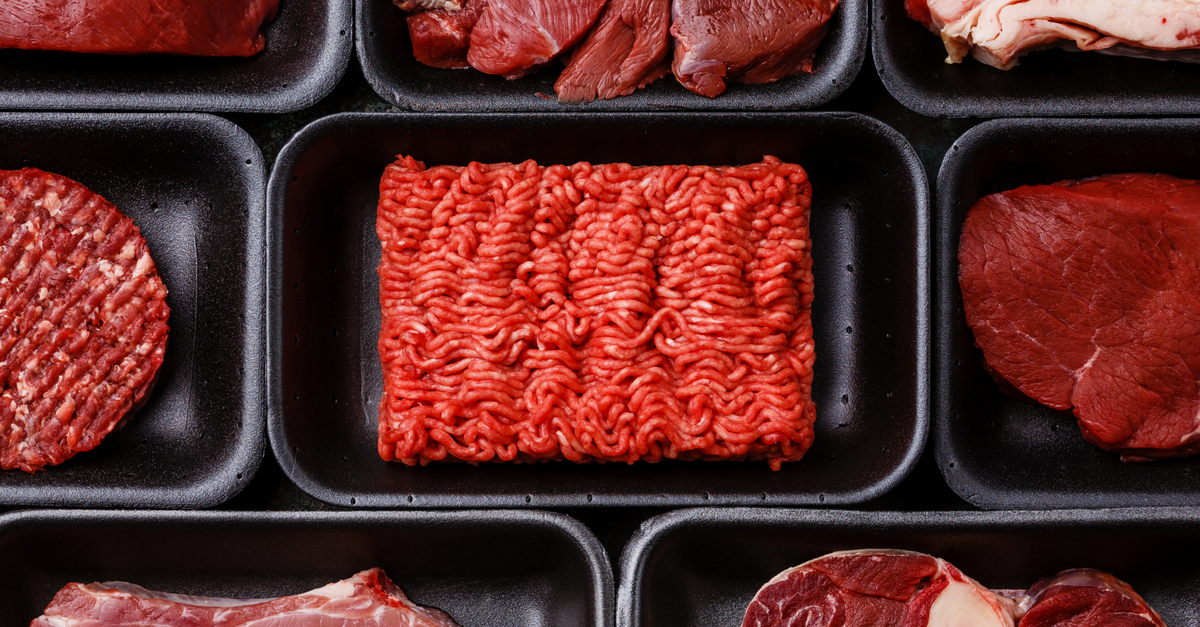

/do0bihdskp9dy.cloudfront.net/09-25-2021/t_c68aa5c0f1234819b7ad9ba9c9b97780_name_file_1280x720_2000_v3_1_.jpg)

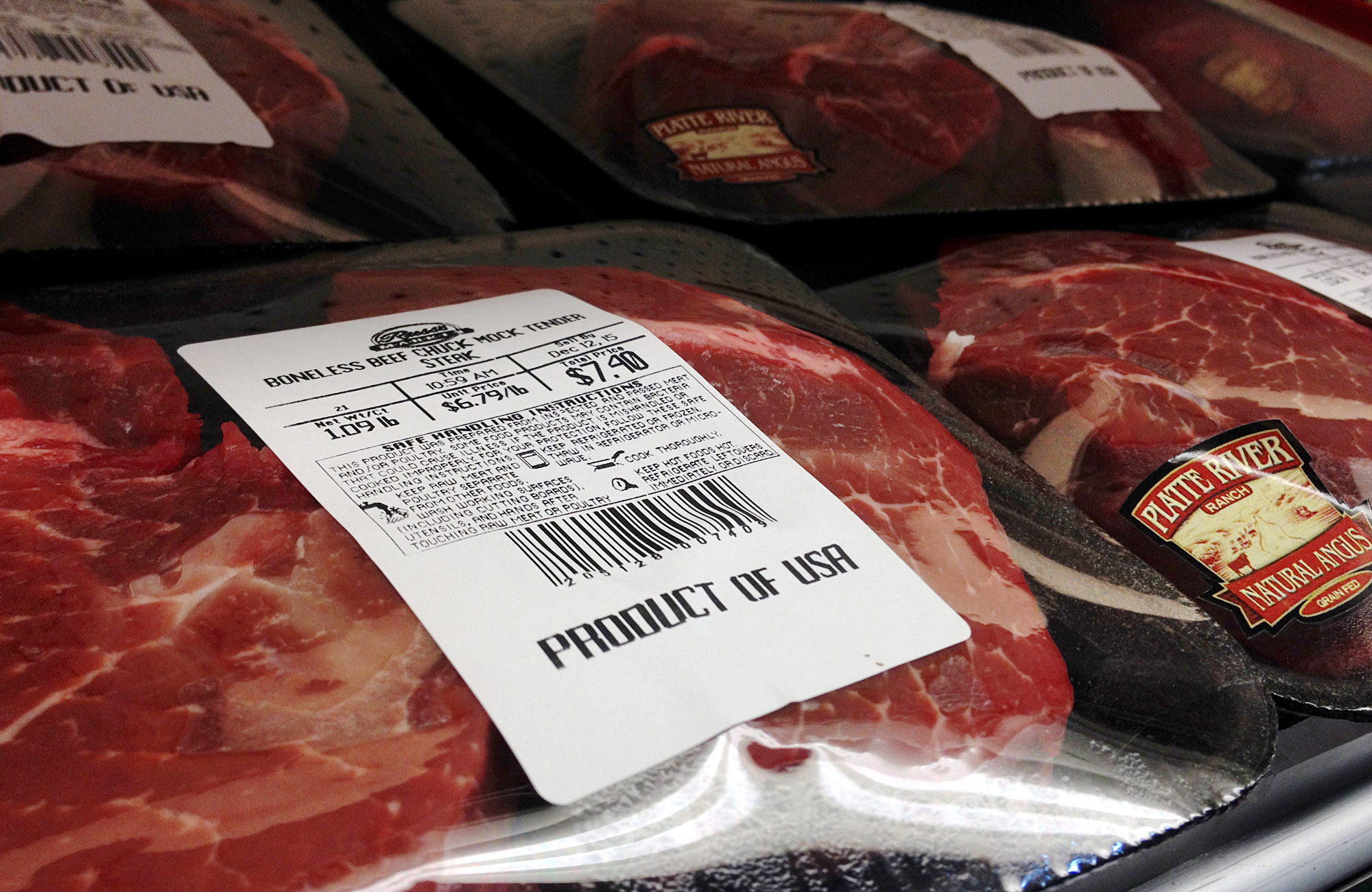
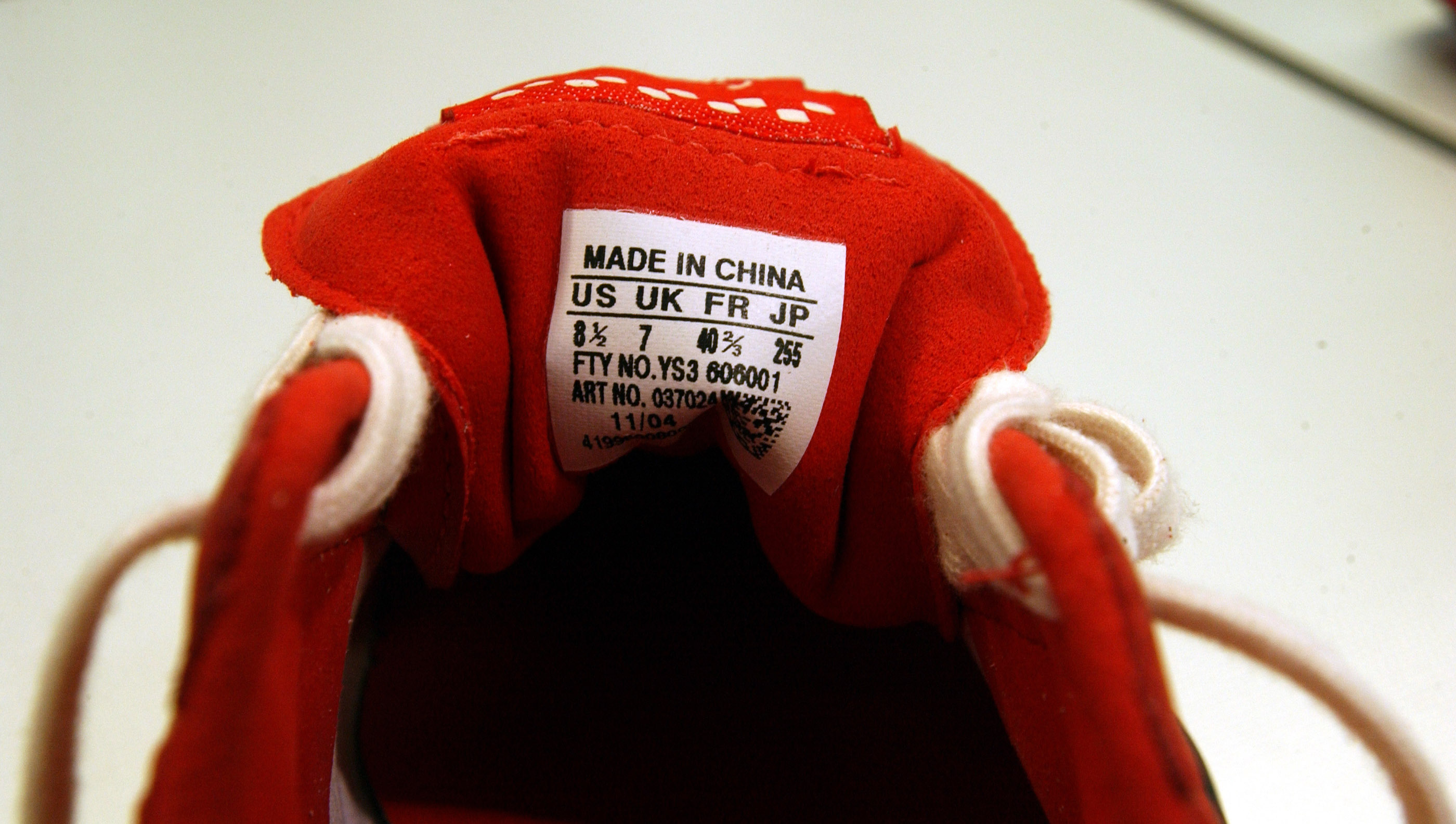





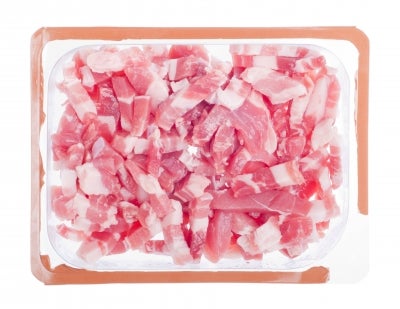


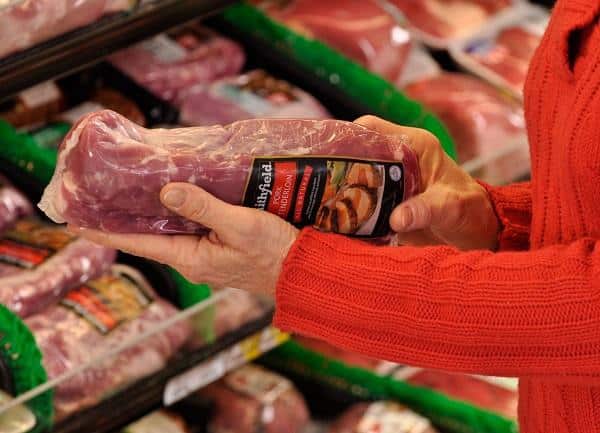


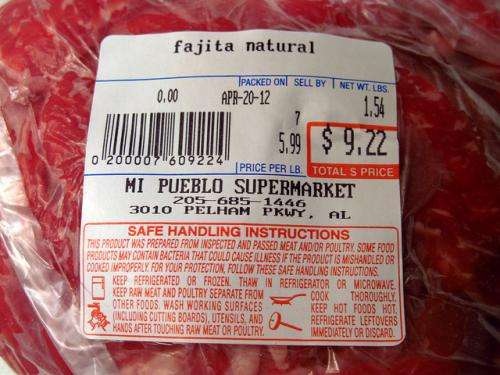
Post a Comment for "40 country of origin meat labels"